Flu & Teens
Dangers of Flu in Teens
Flu severity varies each season, but each year millions of adolescents get sick, thousands are hospitalized, and some even die from flu.
Luke eventually recovered from flu after 12 days in a coma and 30 days in the hospital.
HOSPITALIZATION
Even otherwise healthy teens can fall victim to flu and find themselves hospitalized with flu complications that can lead to lifelong health issues.
Will was a college athlete whose flu illness progressed to diabetic ketoacidosis, causing him to lose his life in less than three days.
Benefits of Flu Vaccination in Teens
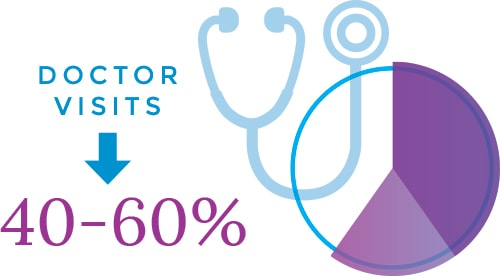
Flu vaccination reduces risk of flu illnesses.
In seasons when the vaccine viruses are well matched to circulating strains, flu vaccine has been shown to reduce the risk of having to go to the doctor with flu by 40-60 percent.
Flu vaccination reduces the risk of flu-associated hospitalization.
A 2014 study shows that flu vaccine can reduce a child’s risk of admission into a pediatric intensive care unit (PICU) admission by 74%.
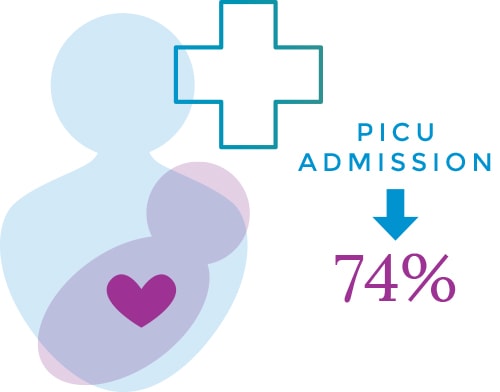
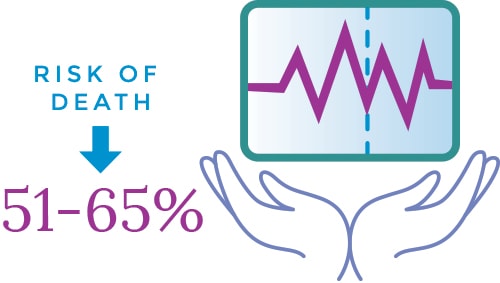
Flu vaccination can save your child’s life.
A 2017 study shows that flu vaccination significantly reduces a child’s risk of dying from influenza. Among healthy children, flu vaccination reduces risk of death from influenza by 65%. Among children with underlying high-risk medical conditions, flu vaccination reduces risk of death from influenza by 51%.
Flu vaccination reduces the spread of flu.
Getting children vaccinated helps ensure they don’t spread flu to others who are vulnerable to serious flu illness, like infant siblings too young to be vaccinated, immunocompromised classmates, older family members or people with certain chronic health conditions.
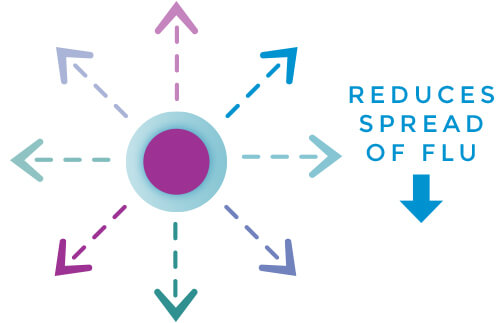
To read the stories of children who have been hospitalized or died from flu, visit our Story Gallery.
Which flu vaccines are recommended for adolescents?
There are two different types of vaccines that are recommended for adolescents:
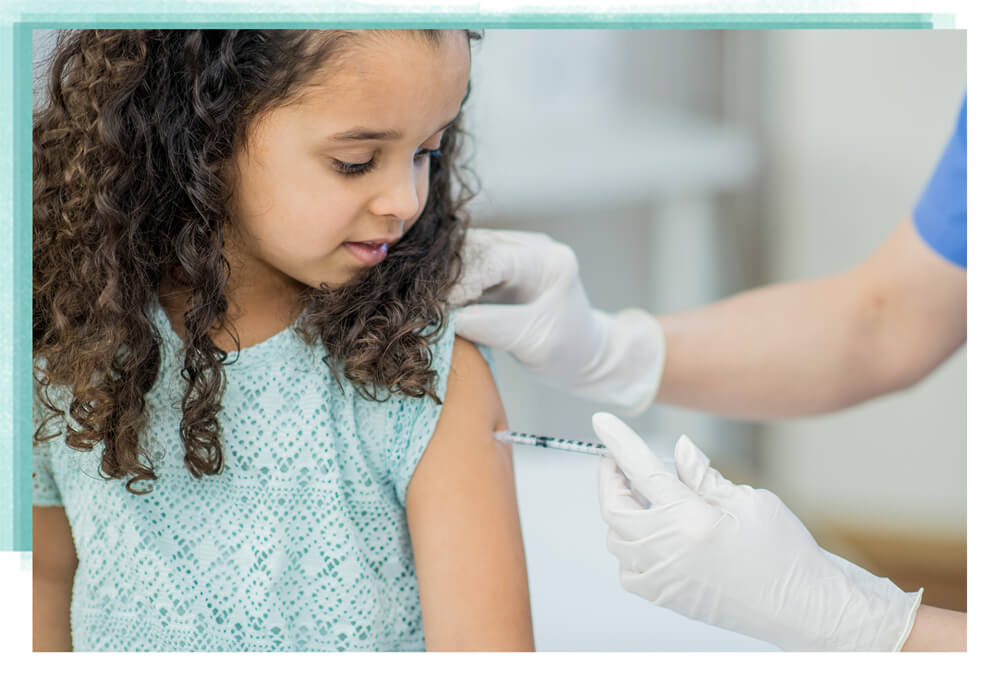
Flu shots:
Flu shots are administered as an injection made with inactivated (killed) flu virus and are approved for use in children 6 months and older.

Image source: CDC, Douglas Jordan, M.A., image provider.
Nasal spray for teens without asthma:
A nasal spray vaccine is approved for use in people ages 2-49, with the exception of people who have certain underlying medical conditions such as asthma. Learn more about precautions against the use of nasal spray flu vaccine here.
Visit these other pages to learn more:
Page last reviewed: November 2021.











